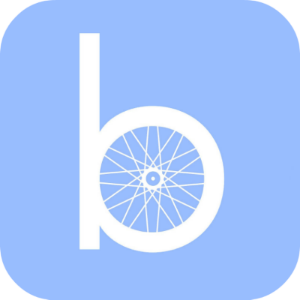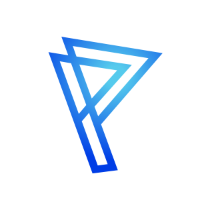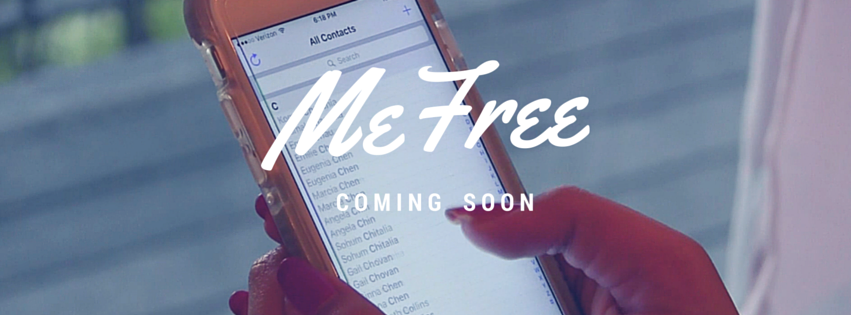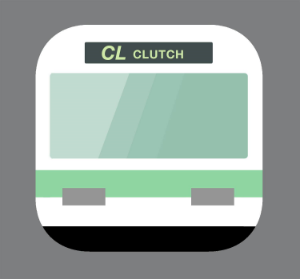Story by Jenan Taha
The life of a college student is a daily struggle filled with endless hassles, inconveniences and awkward situations. Luckily, there are apps to help us avoid the worst. This semester, University of Texas at Austin students created their own apps that they believe will help others get through the day with a little less trouble.
The app developers — 13 computer science and 12 journalism students in professor Robert Quigley’s mobile news app design class — teamed up to build apps Bike Hub, Poli, Where Y’all at, MeFree, Aura and Clutch Bus, all meant for the everyday college student.
The students will showcase their original iOS applications at UT’s fourth App Demo Day this Saturday. A total of six college-related apps will be presented, all of which are now available in the iPhone app store.
Each team worked independently and set their own deadlines, later presenting their ideas to their fellow classmates. “This class is a lot of fun because the students get to come up with their own app ideas and work on them as a team,” co-professor Jeff Linwood says. “Everything is very self-directed and all the teams are working on very different things, but they are all working together toward the demo day at the end.”
At Demo Day, each team will spend about 10 minutes introducing themselves, their apps and the process of making the app. They will also provide a demo of their apps and take questions from the audience. “App Demo Day is a great opportunity for all the teams in this class to show off the projects they’ve built to their friends, family [and] the UT Austin community,” Linwood says.
Quigley encourages any students or interested members of the community to attend Demo Day. He believes this event showcases one of the many unexpected ways in which the journalism landscape has changed. “I think it shows a different side of journalism education,” Quigley says. “Putting an app together in three months is difficult, and I want them to see the result of all the hard work these students put in.”
Learn more about the apps and their creators:
Bike Hub
Developed with cyclists in mind, this app allows users to find the nearest bike racks, rentals and service stations around campus. The app features a map of campus with pinned locations, which the user can refine to search for the bike service of their choice, such as a tire pump, repair shop or rack.
The team, which includes journalism junior Alexiz Magro-Malo, journalism senior Julie Brouillette and computer science senior Jerry Pon, came up with the idea after looking at the complicated and tedious bike rack map on the Austin Parking and Transportation Services website.
They wanted to simplify the map and make it available to a large audience. “Bike Hub is simple to use, and I think that’s one of the great things about our app,” Magro-Malo says. “Austin has a really big biking community, and it is convenient and makes sense for our target population.”
The members are both excited to present their creation and anxious to add finishing touches. They also plan to add more features to future versions of Bike Hub. “Currently I’m just trying to hurry up and add more things to our application,” Pon says. “Hopefully everything will work just fine and then maybe I’ll feel a lot more excited.”
Poli
For those who like the concept of Yik Yak and Omegle, the Poli app lets students use their UT email to chat anonymously with other students on the topics of their choice. Students can read others’ posts or start their own conversation, and each post is categorized into various topics such as “Greek life,” “classes” and more. “It gives you a safe space to talk about things that are going on at work or school,” computer science senior and team member James Huang says. “It is a localized community where you can talk about things with people in your network, yet hide your identity.”
Unlike other messaging apps, Poli targets UT students specifically, so users are reassured that their posts will only be seen by other students in their community. This way, students have a place to go when they have questions about college that are most likely too specific for a general chat space. “You use your UT email so you only have to deal with people who use their UT email,” computer science senior and team member Quan Vo says.
Like many of the teams, the members of Poli are excited to promote their app and find students who will put their app to use. Team member CJ Kim says he is most excited to “develop a meaningful iOS app.” Huang adds, “Poli has taught me tremendously about application development, and I’m excited to have actual users and see how that goes.”
Where Y’all At
Sometimes it can be difficult to get all your friends in one place, which is where this app comes in handy. Where Y’all At helps students find their friends using a built-in map that pins where each user is located. Once students drop a pin at their location, the app generates a visual pathway for other users to follow.
Senior journalism student Sherry Tucci discussed how her team came up with the idea for Where Y’all At. “I was going to a concert in Dallas and meeting up with people from other cities, and I thought it would be convenient if there was an app that lets you see where everybody is,” Tucci says. “All you’d have to do is put on the app, ‘Let’s meet here,’ and then everyone can converge to that meeting point.”
Developing the app was both exciting and difficult for the members, who had to learn to combine their logical and creative modes of thinking. “The hardest part was getting everyone on the same page,” journalism senior and team member Adam Humphrey says. “When you have two computer science students and two journalism students working together, it can get kind of hectic, because there are two different mindsets you have to balance.”
The team is confident that their app will be useful to the UT community, and is hoping to add more features to their app soon. “In the future, we want people to be able to share [pins] with each individual person on [their] Facebook friends list,” Humphrey says.
MeFree
Finding free time to meet with friends can be tricky, so the developers of MeFree created an app that lets users see which of their friends are available and when. The app allows for spontaneous meet-ups by comparing users’ schedules and finding corresponding open time slots. This way, users can avoid texting busy friends or missing out on hangout opportunities. “It is a social media app where you can see the status of others, so if you want to hang out with somebody, it’ll show if they’re free or busy,” journalism senior and team member Destinee Reyes says.
Creating the app required teamwork between the journalism and computer science majors of the group, which Reyes says was tough but worth it. “It’s been really cool to work with computer science people—it’s a completely different discipline,” Reyes says.
As for App Demo Day, Reyes is confident in her team’s presentation. “I think it will go pretty well,” Reyes says. “We’re designing a lot of new stuff, so I think it’ll be really exciting to show where we came from and where we are now.”
Aura
An app similar to Yelp, Aura helps students find restaurants and businesses that are LGBTQ-friendly. The businesses are rated on several criteria, and users can search through various categories to find places that fit their specific needs and avoid places with low ratings. “There’s not much out there for LGBTQ people, so we wanted to make something that would benefit them, but also be applicable to anyone,” computer science senior and team member Jamie Barbosa says.
The app can tell users whether or not a business has certain features such as gender-neutral bathrooms and open carry. The journalists on the team found this information by personally interviewing the businesses. “They really liked calling the businesses to interview owners, and I had a lot of fun working on the design and getting it accepted into the app store,” Barbosa says.
Like the other teams, Barbosa is ready to present her team’s app and show off its best features. “We’re pretty unique compared to a lot of these other ones, and I think we’re going to have a blast,” Barbosa says.
Clutch
This app aims to help student bus riders track UT shuttle times and locations. Unlike other transportation-tracking apps, Clutch focuses on campus shuttles, to avoid confusion with other bus routes. Users choose which bus route they want to use, and receive information every minute on when and where the bus will arrive. “We know the buses are a pain for a lot of people, and there’s already apps that track city-wide routes and it’s so overwhelming. We wanted something that was just aimed at students,” journalism junior and team member Sydney Fedora says.
The idea for Clutch was taken from the team’s list of what they believe are the most stressful parts of the day. “We narrowed those points down into what we thought bothered a lot of people,” Fedora says.
The team believes Clutch is very useful to students who ride the bus regularly, and their app is easier to use than others such as CapMetro. “It’s a really simple product to use, so you know exactly where the bus is in the morning,” journalism senior and team member Melyssa Fairfield says. “It takes a ton of stress off of your day.”















































